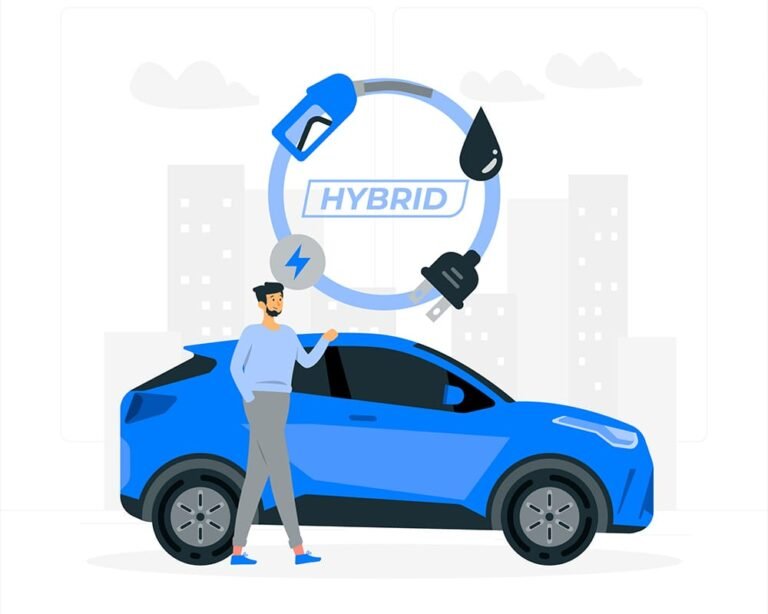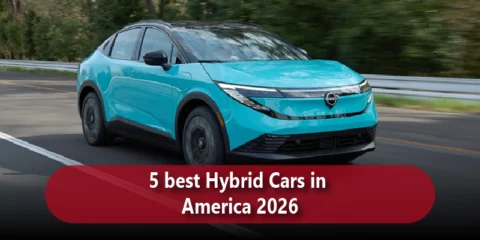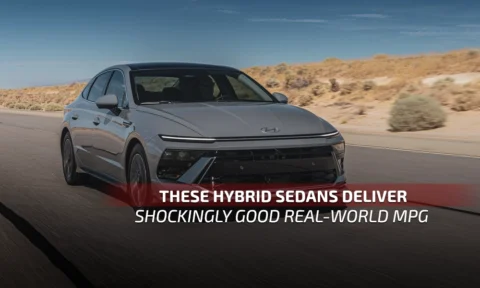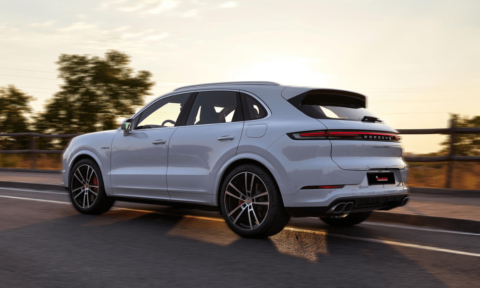In today’s rapidly evolving automotive landscape, hybrid vehicles are becoming an increasingly popular choice among drivers worldwide. As concerns over fuel costs, environmental impact, and sustainability grow, many motorists are making the switch from conventional gasoline-powered cars to hybrid alternatives. The transition is driven by several factors, including technological advancements, government incentives, and a collective shift toward eco-friendly transportation.
The Appeal of Fuel Efficiency and Cost Savings
One of the biggest motivators for drivers switching to hybrid vehicles is fuel efficiency. By combining a gasoline engine with an electric motor, hybrids optimize fuel consumption, reducing the frequency of refueling stops and lowering overall expenses. In a world where fuel prices continue to fluctuate, owning a hybrid provides a sense of financial stability. The ability to drive longer distances with less fuel consumption makes hybrids a practical and economical choice for everyday commuters.
Eco-Friendly Driving: Reducing Carbon Footprints
Environmental awareness is another crucial factor influencing the shift toward hybrid vehicles. These cars produce significantly lower emissions than traditional gasoline-powered vehicles, helping to reduce air pollution and combat climate change. With increasing governmental regulations on carbon emissions and rising consumer interest in green solutions, hybrid vehicles represent a responsible choice for individuals looking to minimize their environmental impact while maintaining the convenience of personal transportation.
Government Incentives and Tax Benefits
Many governments worldwide are promoting the adoption of hybrid vehicles by offering tax incentives, rebates, and other financial perks. In some regions, hybrid vehicle owners benefit from reduced registration fees, lower road taxes, and even exemptions from congestion charges. These incentives make hybrids more accessible and attractive to a broader range of consumers, further accelerating their adoption.
Technological Advancements Enhancing Performance
Modern hybrid vehicles are not just about fuel efficiency and sustainability—they also offer impressive performance. Advances in battery technology, regenerative braking, and intelligent power distribution have made hybrid cars more powerful and responsive than ever before. Many leading automotive brands are investing heavily in hybrid innovation, ensuring that drivers do not have to compromise on speed, comfort, or driving experience when making the switch.
The Growing Infrastructure for Hybrid Vehicles
As the popularity of hybrid cars increases, so does the infrastructure to support them. Charging stations are becoming more widespread, and manufacturers are continually improving battery range and charging speeds. The availability of hybrid-friendly services and maintenance centers is also expanding, making ownership more convenient and stress-free.
The Future of Hybrid Mobility
With advancements in battery technology, sustainable energy, and consumer preferences shifting toward greener alternatives, hybrid vehicles are set to play a major role in the future of mobility. While fully electric vehicles are gaining traction, hybrids offer a perfect balance between traditional fuel power and electrification, making them an ideal choice for those hesitant to transition to fully electric models just yet.
A Smarter Choice for Today’s Drivers
The rise of hybrid vehicles is no longer just a trend—it’s a movement. With benefits ranging from fuel savings and environmental responsibility to improved performance and government incentives, it’s no surprise that more drivers are making the switch. As hybrid technology continues to evolve, these vehicles will become even more efficient, practical, and accessible. For those looking for a smarter, more sustainable way to drive, hybrid vehicles offer the perfect solution for the road ahead.







